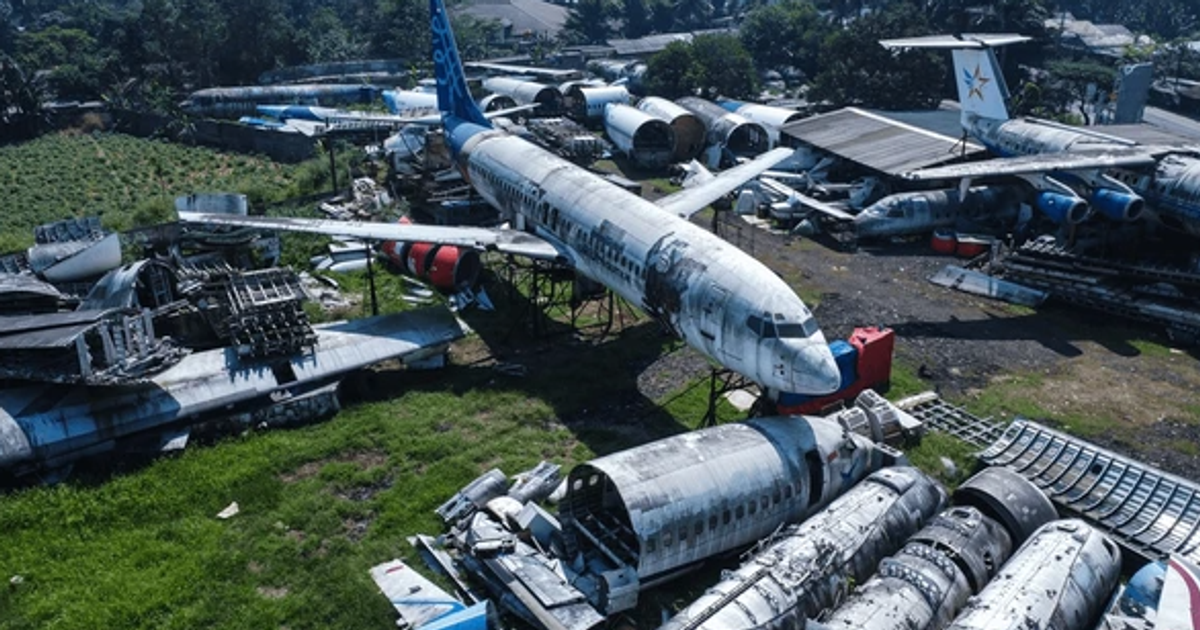Nigeria’s Vice President, Kashim Shettima, has lamented the decline of the nation’s aviation sector, citing the loss of over 100 aircraft in 40 years.
This disclosure was made during the Ministry of Aviation and Aerospace Development’s Conference on the Implementation of the Cape Town Convention and Aircraft Protocol, held in Abuja.
Representing Vice President Kashim Shettima, the Minister of Aviation and Aerospace Development, Festus Keyamo, expressed concern over the situation and affirmed the government’s commitment to preventing future occurrences, according to The Punch.
“More than 100 airlines have gone in the last 40 years and I know you all remember from Concord to Zenith to Bellview, among others. You will then ask yourself why they die off. I can keep mentioning them because I have their list with me,” Keyamo stated.
Nigerian Airlines’ Decline
This in-depth report by The Punch reveals that a document from the Federal Airports Authority of Nigeria as of 2017, indicated that approximately 160 airlines and private aircraft operators became defunct since the liberalization of the aviation sector in the late 1980s.
From the now-defunct national carrier, Nigerian Airways, to airlines such as ADC Airline, Afrijet Airline, Air Meridian, Albarka Air, Barnax Airline, Bellview Airline, and Chanchangi Airline, among many others, the narrative remains consistent.
Aviation stakeholders have repeatedly questioned the factors that led to the demise of these airlines.
“It behoves us now in office to find out why they went under and how we can ensure that it does not happen again. The only way we can do that is through policies and frameworks to ensure that they survive. We can’t keep giving them money. We must make the business conducive for them to survive.” Keyamo said.
The core challenges
In an interview with The Punch, Ahmed Kuru, the former Managing Director of the Asset Management Corporation of Nigeria (AMCON), highlighted that the aviation sector’s challenges are predominantly structural.
He pointed to factors such as insufficient aviation infrastructure, exorbitant aviation charges, and the escalating cost of aviation fuel.
Kuru highlighted the issue of poor corporate governance, which has contributed to the downfall of numerous businesses in the industry.
He noted that inadequate governance practices in the past enabled principal owners to misappropriate company funds, sometimes even withdrawing cash manually.
However, Kuru observed that technological advancements, such as online booking systems, have helped curb these unethical practices.

